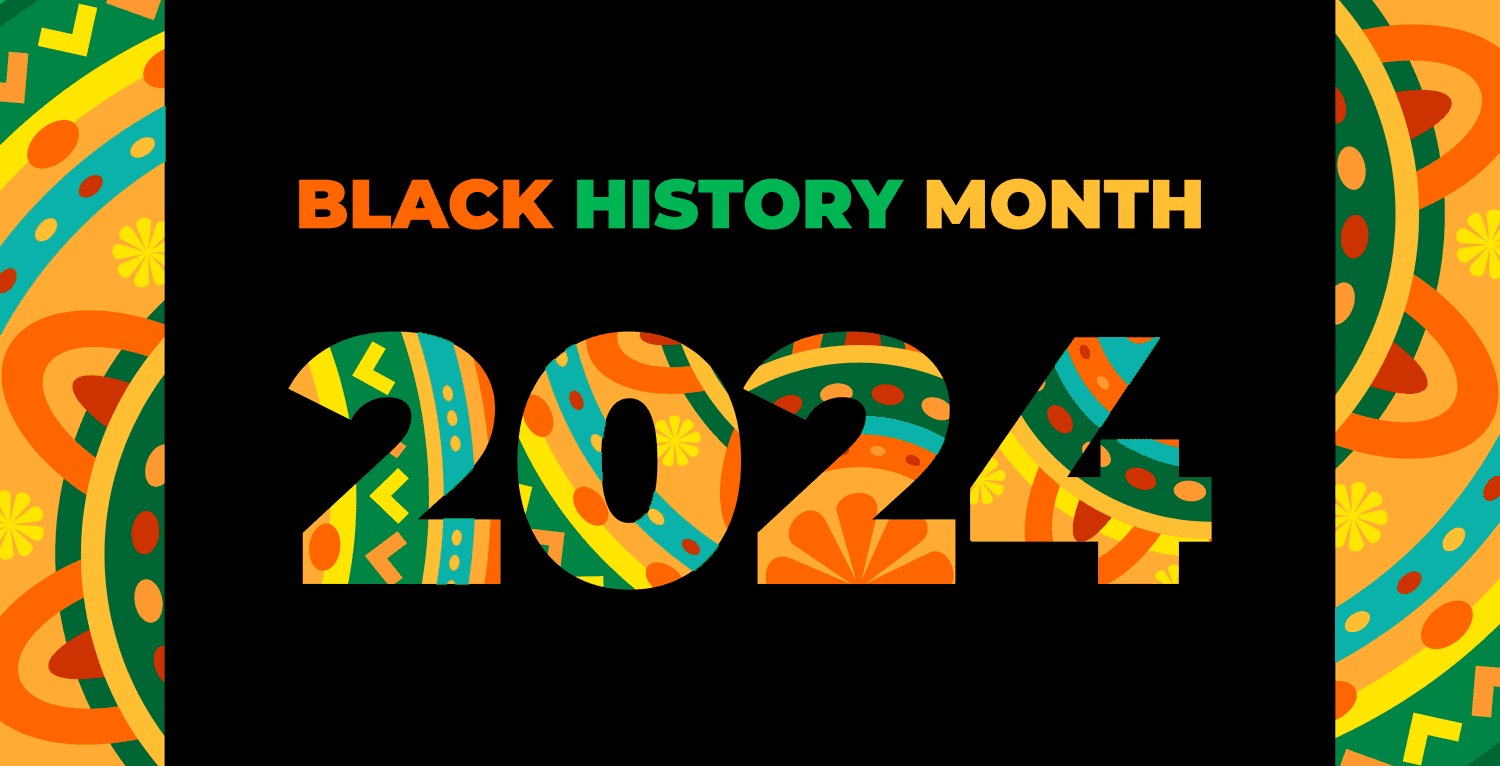
Racism in the Modern Workplace: How to Challenge Microaggressions
Black History Month creates space for all to reflect on the struggle of Black Americans and Black people across the world to get to where they are today. Battling through constant, overt oppression to be able to have the same rights that were automatically extended to their white counterparts has made it possible for Black people to gain access to many more opportunities than were previously within their reach.
However, racism runs deep; while activists such as Martin Luther King Jr, Malcolm X and Rosa Parks paved a path for a better future, there is still work to be done now to continue to eradicate the oppression that black people face across the globe.
Just as the world has modernized, so has racism. What was once brashly overt has now evolved into more subtle, micro-aggressive tendencies. The disconnect occurs because these microaggressions are broadly considered ‘less racist’ than things were fifty years ago, so it’s not seen as racism at all – which gives these behaviors the power to continue.
The workplace is a prime example. Many companies are more intentional about creating hiring targets to diversify their workforces – and this is great – but we’re also seeing that they are significantly pulling funding on their diversity, equity, and inclusion (DEI) efforts. It seems that just as the workplace begins to take a step forward, it takes two steps back. Without a comprehensive DEI change initiative and commitment to link the initiative to the mission, vision, and values of the company, this creates an environment where microaggressions will emerge and those employees of color will not truly feel that they are valued members of the team.
Microaggressions are indirect, subtle, or unintentional discriminatory actions against members of a marginalized group. Some examples of these behaviors are not introducing specific people in a meeting, praising an idea from one person and ignoring the same idea when presented by another, speaking with a condescending tone, consistently mispronouncing someone’s name, confusing a person of a certain ethnicity with another person of that same ethnicity…the list goes on. A recent study even discovered that 25% of black women have been sent home from work because of their hair. These actions may seem small if you do not regularly experience them yourself, but the racial undertones that they hold are problematic and create a tense and unproductive culture.
For example, Dr. Claudine Gay was the first black woman to be selected the president of Harvard University by the Harvard Corporation – comprised of 12 board members responsible for university affairs and three members of the second-highest governing Board of Overseers – and yet not even a year later and she has been forced to resign due to incessant plagiarism claims from her academic dissertation from 1997. Upon further exploration, most of the “errors” that have been identified are pedantic. Additionally, the few that have been raised as cause for concerns were not only deemed understandable by those she quoted, they were also completely missed by the institution under which she wrote it, along with the Harvard PhD committee who failed to highlight these when awarding her the Toppan prize for the best political science dissertation in 1998. Regardless, Dr. Gay has come under fire, and the microaggressions in this situation are rampant; after all, we haven’t seen any other Harvard presidents be picked apart for their academic writings from two decades ago.
If this situation was copy and pasted onto a white man, it is very likely that the outcome would be entirely different, and it’s these systemic barriers that employers need to recognize and challenge to truly further the progress of the many Black transformational leaders who fought for civil rights and equality for all Americans.
The first step to challenging these inequities is acknowledging that they exist in the first place. Nearly two-thirds (61%) of Black employees experienced racism in 2021, and this number is only going to begin to decrease if companies can successfully identify these microaggressions and uproot them. We know that diverse companies are more profitable, but in order for employers to unlock these benefits they have to successfully foster a safe and inclusive environment. This starts by acknowledging that racism is still an open wound in the world of work, and that putting a band aid on it doesn’t help it heal. They must clean it out, and slowly begin to sew it up – which requires organizations to break the habit of assuming that the wound has already healed.
If you would like to discuss how we can help further your DEI strategy and help foster a culture that unlocks the best out of all your people, please get in touch with me at marty@orgshakers.com
This article was first published on 2nd February to mark the start of Black History Month 2024 in the U.S.